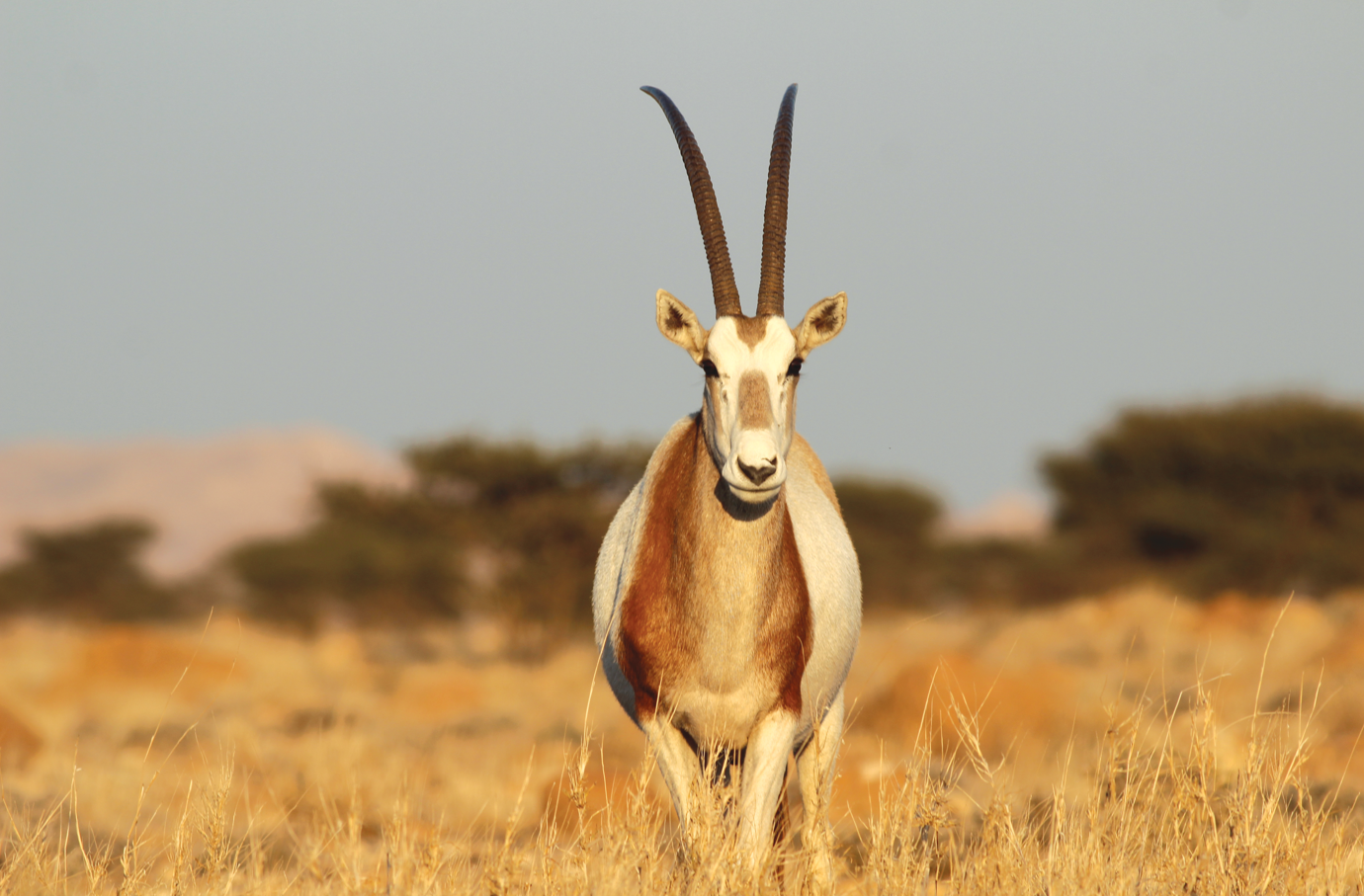James Cretney, Chief Executive of Marwell Wildlife, takes a look at the holistic role of zoos as Marwell hits its 50th anniversary.
This year, Marwell celebrated its 50th anniversary and it was a huge honour and privilege to be awarded The Queen’s Award for Enterprise: Sustainable Development. This internationally acclaimed and highly coveted award was given to us for our holistic approach to sustainability and citing our “clear leadership in the sector and for its sustainability culture which runs through the organisation. We have succeeded in reducing our emissions by 77%, we are tiptoeing towards becoming carbon neutral and continue to work both here in the UK and overseas to support declining wildlife, working with communities and governments to bring positive benefits for society and the natural world.
At the annual WAZA conference in October we were also awarded the WAZA Environment Sustainability Award for our “innovative and consistent approach towards sustainability management”. And I must also not forget that this year in Dublin we were given the BIAZA Gold for sustainability for our Energy for Life project and the conversion of animal waste to a briquetted fuel. So, a triple crown of sustainability awards. It has been a great year and all thanks to the wonderful people that work here and do the real work. A lovely way to celebrate 50 years of biodiversity conservation. It segues to the future.
Looking ahead it is perhaps coincidental that in this important year we have just published our new conservation strategy. I have often reflected on the George Rabb, evolution of zoos model that you might be familiar with, as I ask the question; what is next?
I was also really inspired at the BIAZA conference, which I thought was excellent, hearing some wonderful presentations as to how folks were really leveraging the power of the zoo beyond their perimeter into the local region and far beyond. The one-plan approach and increasingly the concept of one-health as we recognise the interplay and dependency between people, animals and ecosystems, is becoming more prevalent. Moreover, that the linked crises of climate change, ecosystem degradation and biodiversity loss, are rooted in the separation of people from nature. Unless we fix this, we will permanently alter our global environment, severely impacting the lives of billions of people. The world has also recently experienced a global pandemic, rooted in zoonotic disease, that has caused immense distress, while concerns about global security, economic growth and political values all contribute to deepening unease. Everything is linked. Unsustainable use of natural resources places further stress on the relationship between people and nature, fuelling the disparity between the marginalised poor and the affluent and putting future generations at a disadvantage. We have to learn to treasure nature and respect these huge natural systems that give us life.
My belief is that this applying this approach to contemporary zoo activities, allows us to make relevant interventions. Whether it is restoring desert ecosystems in Tunisia, translocating and managing previously extinct species like the Scimitar horned oryx, breeding sand lizards to release in the UK, developing cloud-based software to help monitor the health of our animals or generating heat from our zoo-poo. We will place our zoo at the heart of our solutions-focused approach, and it is through our work with people, our community, local region and beyond, that we can help in supporting nature’s recovery.
We call this concept conservation health. With our conservation strategy written, the Christmas break will see us return and start the next 50-year chapter in Marwell’s evolution. And it is an evolution. To be relevant to society we must move with it. To be one step ahead to inspire, lead and champion our cause. In the New year we will return to write the wider organisational strategy and to take the philosophy of conservation health into the wider function of our organisation. This is so important as it will help ensure that we are behaving and doing everything we can to support our mission and to help celebrate and restore the natural world for the benefit of others. We will champion the value of nature and the solutions it offers for life and wellbeing. We will tell our story, sharing the results of our work, and use our zoo as a place of great enjoyment and learning.
Here’s to the next 50 years.
By James Cretney, Chief Executive of Marwell Wildlife.
Related Members
-
News
.png?w=100&h=100&zc=1&f=jpeg&hash=a0b01e801771c24b4d7f5c3df4abed98) Twycross Zoo Welcomes Its First Baby of 2026: An Endangered Pileated Gibbon 19th February, 2026Conservation charity, Twycross Zoo, is celebrating a heart-warming milestone with the arrival of its first baby of 2026 - an endangered pileated gibbon,…
Twycross Zoo Welcomes Its First Baby of 2026: An Endangered Pileated Gibbon 19th February, 2026Conservation charity, Twycross Zoo, is celebrating a heart-warming milestone with the arrival of its first baby of 2026 - an endangered pileated gibbon,… -
News
.png?w=100&h=100&zc=1&f=jpeg&hash=c8eadb7dce959e1a8e6be51070cd0b3b) Conservation breeding success as Endangered spotted deer fawn is born at Bristol Zoo Project 19th February, 2026An extremely rare spotted deer fawn has been born at Bristol Zoo Project, marking another important conservation milestone for this Endangered species.…
Conservation breeding success as Endangered spotted deer fawn is born at Bristol Zoo Project 19th February, 2026An extremely rare spotted deer fawn has been born at Bristol Zoo Project, marking another important conservation milestone for this Endangered species.… -
News
.png?w=100&h=100&zc=1&f=jpeg&hash=60022dc0d0854fa23f80616d64c9376a) Sustainability in poetry - BIAZA Q&A with the author of The Rimba 17th February, 2026This week, BIAZA interviewed author Jane Griffiths and illustrator Emma Lokuciejewski on their recent book ‘The Rimba’ – a poetical…
Sustainability in poetry - BIAZA Q&A with the author of The Rimba 17th February, 2026This week, BIAZA interviewed author Jane Griffiths and illustrator Emma Lokuciejewski on their recent book ‘The Rimba’ – a poetical…



